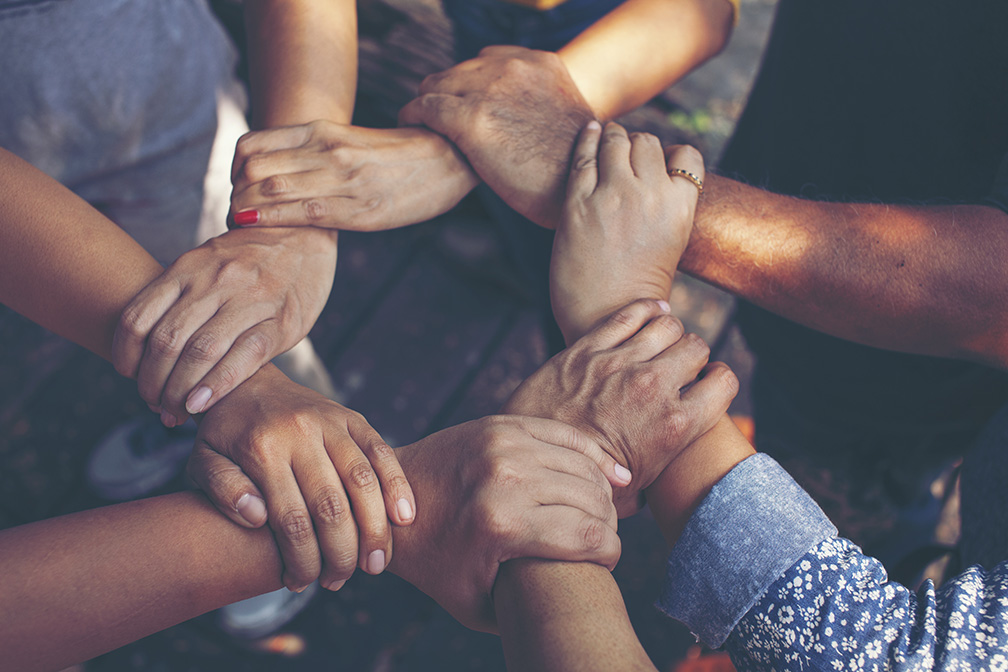Sometimes my interpreter friends around the country write to me about the experiences they’ve had, wanting to share something that was hard or funny or special, something that nobody but another interpreter would understand. Here is one story that I share, with permission of course, because it touched me deeply. My friend wrote:

The patient’s social situation was really complex and her cancer prognosis was grim. She has a 13 year old son. I often think of some interpreting sessions as traumatic for the interpreter. In this case, it could have been traumatic but it wasn’t. The patient told her primary care provider: ‘I have courage. I am not afraid to die. I want your help to help me live to see my son to his majority.’ She made that simple plea, over and over, with tears in her eyes. There was such strength, such devotion, such clarity in her voice. Even as she was frail and as she was holding her doctor’s hand, saying to her ‘I know you are a mother, not just a doctor, you know how I feel’ and the doctor was crying with her.
It was all so intensely beautiful. And I felt such a sense of privilege to be allowed to facilitate such a moment of caring and intimacy between those two. Sometimes, there are not just people in the room, there are also angels. That’s what it felt like. Those two women held hands and talked to each other in different languages, but it didn’t matter; I was there to interpret and they understood each other.
I am not a very good interpreter, not a very skilled one. But I know that when even a passable interpreter is able to help something like this happen, what we are doing makes sense.
I do understand what my friend meant about angels in the room – and I think sometimes that the angels are the interpreters. Quiet, unobtrusive, stay-in-the-background-and-don’t-call-attention-to-yourself sorts of angels.
Our society today is full of people who, whether purposely or out of simple fear, are ripping apart the fabric of our world, rending huge gashes and eating away little holes by sowing division, doubt, suspicion and fear. Fear of people who are “different” in any way from themselves. Fear of the accent, of the hard-to-pronounce name, of the unfamiliar features, of the hijab and the dastaar and huipil. Fear that is compounded by the foreign rhythms of a language not English, by the inability to communicate.
At the same time, throughout our country, a multitude of interpreters are busily at work: tiny weavers who, every day and in every encounter, are weaving back together the tears and rents and holes, making us intact again by making us understandable, recognizable and human to each other. The pregnant mother in the chador seems alien to the western doctor until, in the mouth of the interpreter, she becomes just like every other pregnant mother he’s seen today.
To all of you interpreters out there, you are those angels, and every time you interpret you are giving people who speak different languages the opportunity to step out over the abyss of differentness, sustained by the bridge of your skill, to look each other in the face, to understand each other, and to know that we are one people. Rend and tear as they will, the people who are afraid can never stop us from reweaving the fabric of our society and making us again one dazzling tapestry of glorious diversity, whole.
Be the Bridge!
Learn more about getting trained as an interpreter at https://www.vcinm.org/.

